Welcome to Montessori West
Providing Authentic Montessori Education
to the South Bay Since 1974
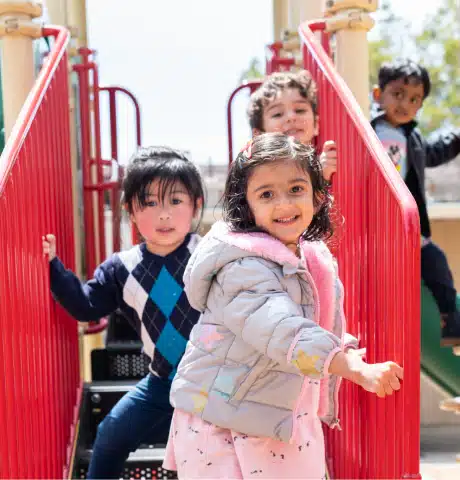
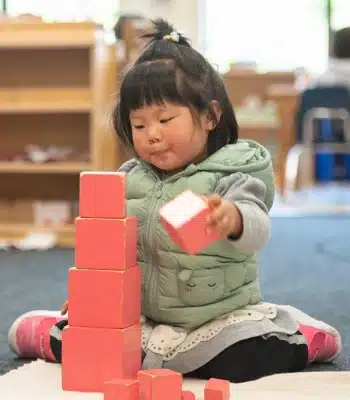
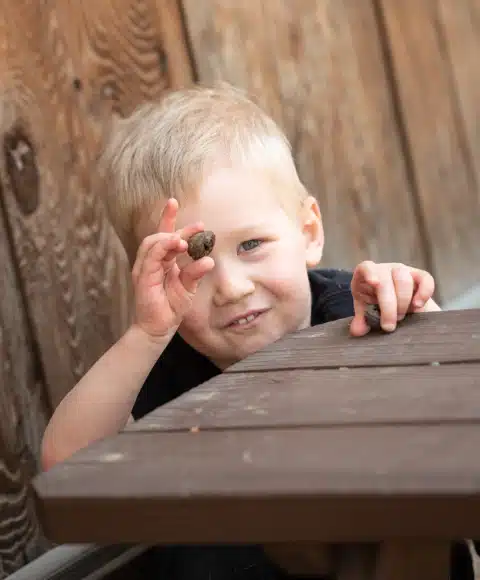
About us
Who we are
The campuses of Montessori West (previously known as Montessori Schools of Fremont) offer authentic Montessori education programs for children from 3-months to 12-years old.
We strive to create engaging environments that encourage children to explore their curiosity, develop a lifelong love for learning, and practice care and concern for others. Our licensed teachers carry out the Montessori philosophy of promoting responsibility, independence, and confidence through child-driven activities. Children conduct their own projects, and work both independently and collaboratively. Teachers step in only when necessary, because their responsibility is to guide and not overshadow children.
Montessori West Campuses
Montessori School of Fremont
Area: Mission San Jose
Programs: Toddler | Primary | Elementary
Montessori Children's Center
Area: Ardenwood / Union City
Programs: Infant Care | Toddler | Primary
Weibel Montessori
Area: Weibel, Mission & Warm Springs
Programs: Toddler | Primary
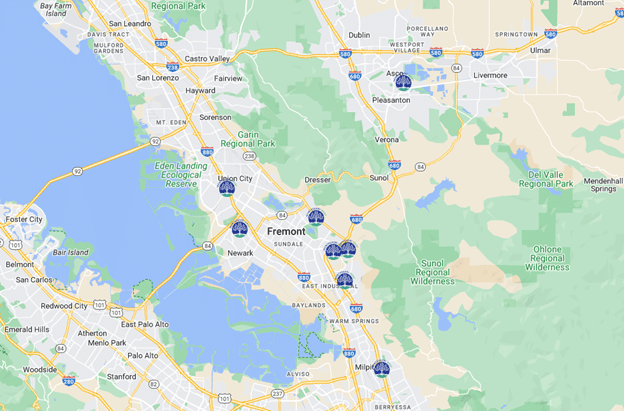
Montessori School Programs
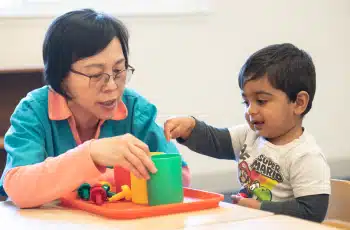
Toddlers
Ages: 18 months - 3 years
Establish the foundation to unlocking your child’s mind to the world around them.
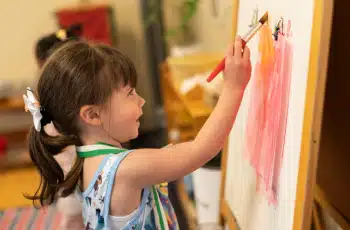
Preschool - Kindergarten
Ages: 3 - 6 years
Fill your child’s experiences with rich language and manipulative lessons.
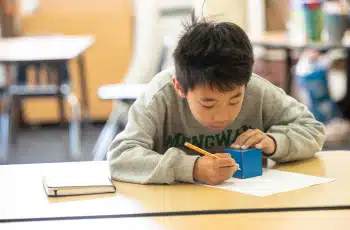
Elementary
Grades 1 - 6
Inspire excellence in your child while encouraging curiosity, creativity, and imagination.
Other Programs
Before and After School Childcare
To meet the needs of families, we offer before and after school childcare, for which we are licensed by the State of California.
Our childcare hours are from 7:30AM to 6PM, with several schools offering care from 7:00AM to 6:30PM. Check each school’s individual page to see the specific hours.
Infant Care
Our Montessori Children’s Center in North Fremont offers infant care for babies at least 3 months old.
School Year Options
Our Year Round Programs feature school throughout the year with the minimum amount of days off possible. Not everyone is able to look after their children when school breaks for summer or winter vacation, at the same time children may long for the community, friendships and constructive activity a school provides. Our School Year Programs are best suited for parents and students looking for more than a conventional school year calendar. Year Round programs may differ depending upon specific school location. Please inquire with each individual School Director regarding their school’s Year Round Program.
Plant the Seeds for A lifetime of learning in your child today.
By enrolling your child in a Montessori school, you give them the advantage of a lifelong love for learning. From day one, your child will be immersed in a prepared environment that will hone their innate curiosity. They will self-direct their studies and projects, with guidance from teachers only if they ask for it.
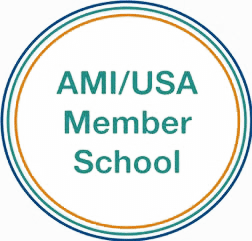
Authentic Montessori
All of our campuses adhere to the most stringent Montessori standards and unite with the Association Montessori International.
Authentic Montessori
All of our campuses adhere to the most stringent Montessori standards.
